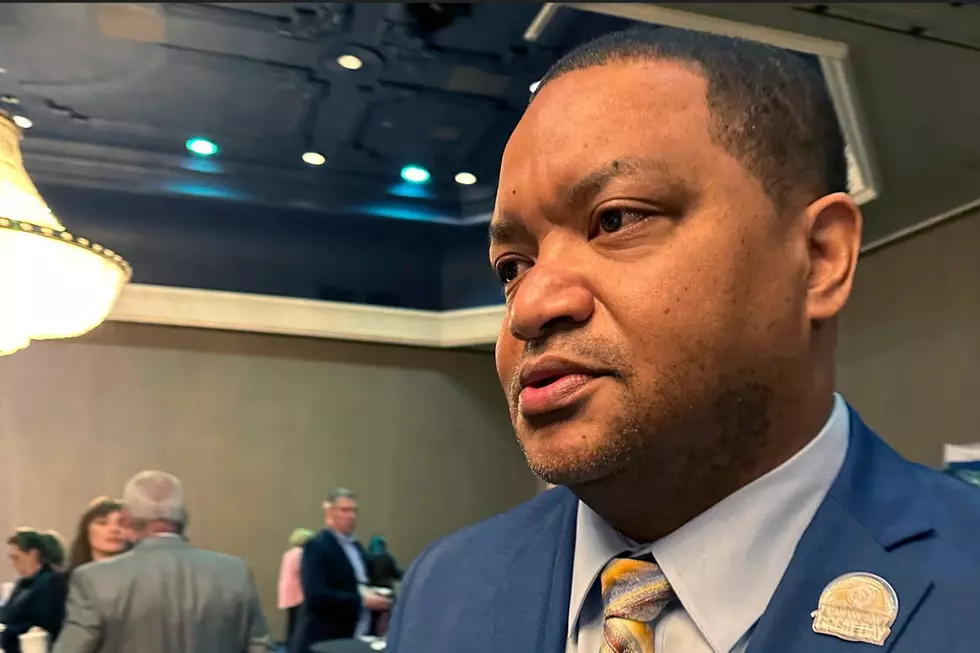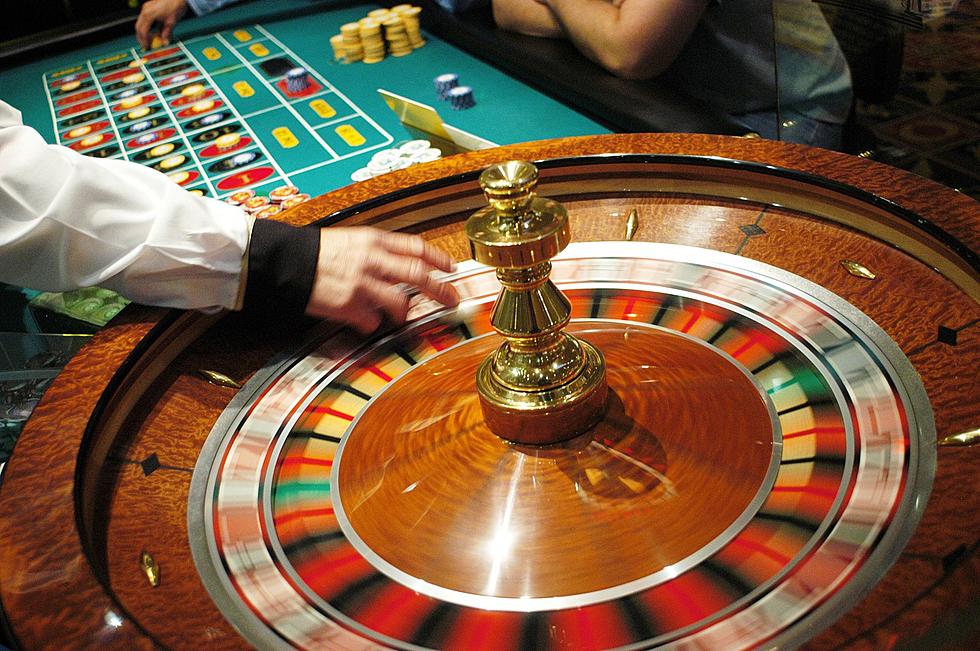
Is your kid a problem gambler? NJ group says trouble can start at 11
In a new survey of four Atlantic County school districts, 37 percent of middle school and high school students said they have gambled in some way.
The study was conducted by the Lloyd D. Levenson Institute of Gaming, Hospitality & Tourism at Stockton University.
Among the students who have gambled, 88 percent said it was for money, and 14 percent said the act caused serious problems for them, such as stress or anxiety.
According to Neva Pryor, executive director of the Council on Compulsive Gambling of New Jersey, children can start meeting the criteria for problem gambling at age 11. And many times, the behavior is learned at home.
"Children are engaging in a lot of gambling activities with their parents now that they can gamble on the internet in the state of New Jersey," Pryor said.
And if gambling is a routine occurrence inside the home, she said, the behavior is "normalized" in a kid's eyes.
But kids and teens can develop a problem on their own as well. Even the rush of a bingo game, or a home game of Texas Hold'em, or winning a 50/50 raffle, comes with a spike in dopamine in young people that's hard to match.
"It increases their susceptibility to become gamblers," Pryor said.
To teach students about the risks and rewards of gambling, nonprofit agencies in Mercer and Gloucester counties have been running after-school programs based on curriculum from the New Jersey Lottery known as "Stacked Deck: A Program to Prevent Problem Gambling." The goal is to make "Stacked Deck" available in schools throughout the state.
Related video:
More From New Jersey 101.5 FM









